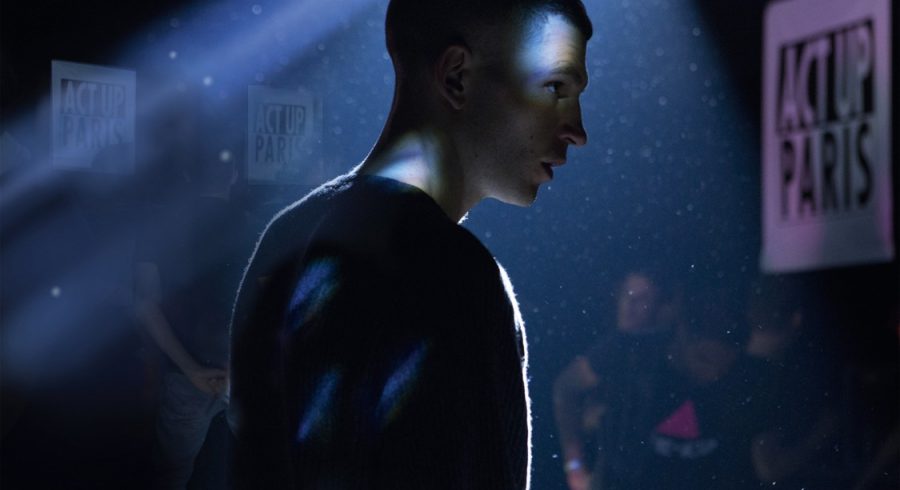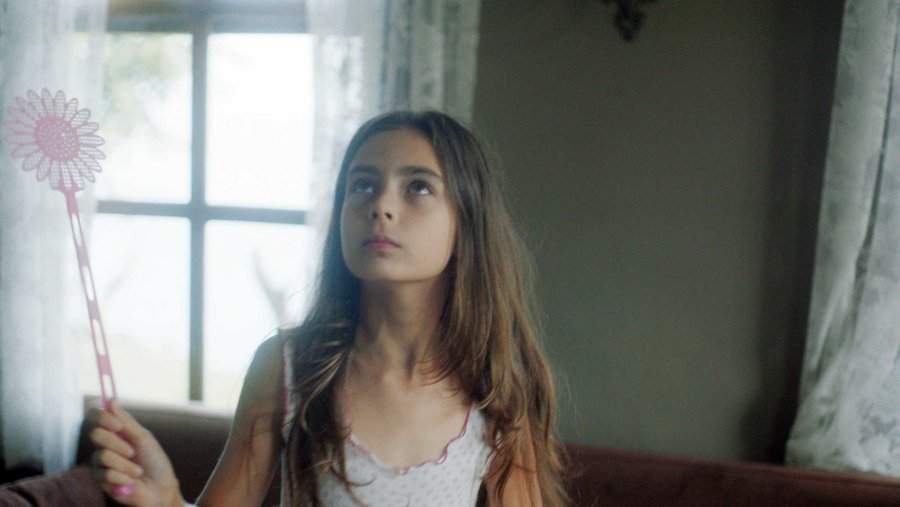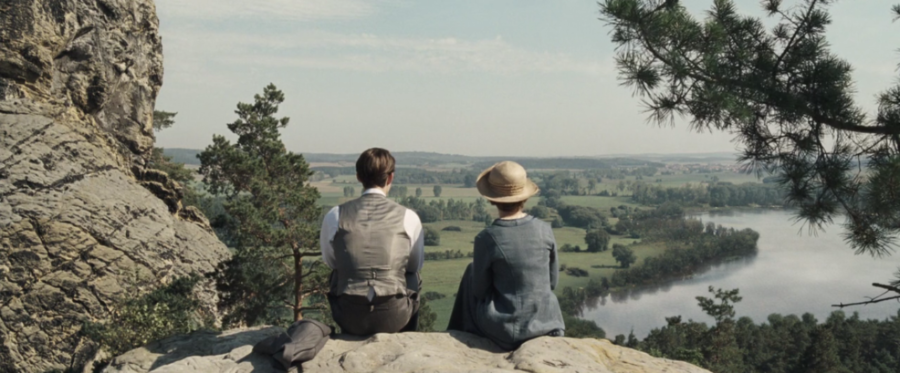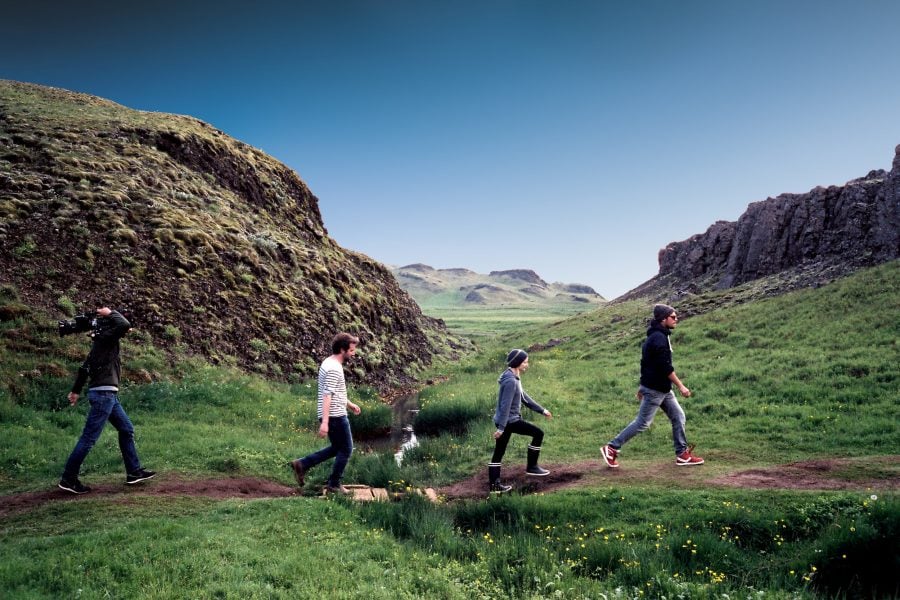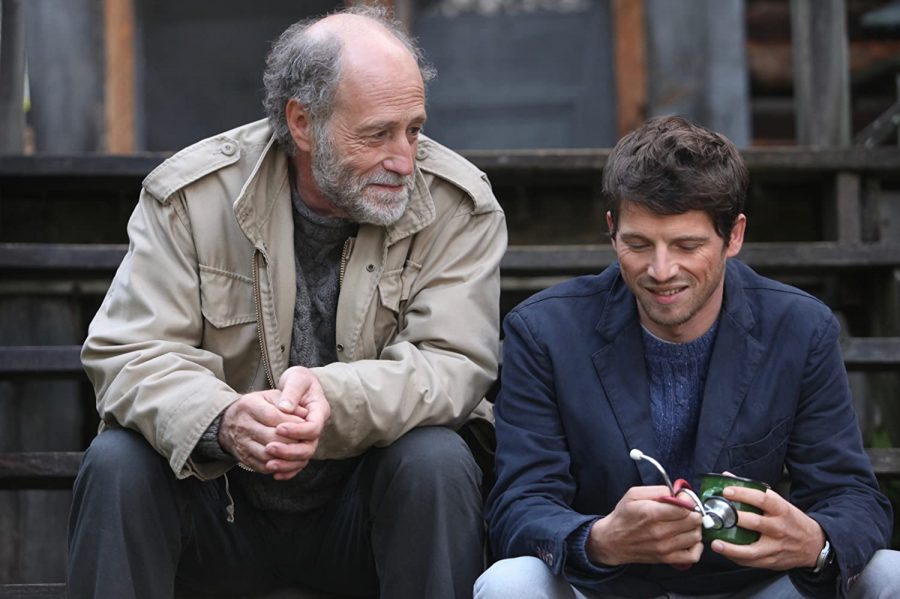It’s always fun to watch something that makes you second guess each move, that shifts seamlessly from one thing to another. Frantz is that kind of film, and as the deceptively simple premise unfolds—a widow befriends her late husband’s friend—you’re never really sure if what you’re watching is a romance, a mystery, or a sly combination of both.
It helps that Frantz is also more than just a period piece, packed as it is with tiny but thoughtful details. When it is filled with color, for example, it does so in the muted palette of 1900s portraits, making each shot look like a picture come to life. When it talks about love, it goes beyond heterosexual norms and hints at something more potent and, at times, political. And when it takes a swing at melodrama, its actors ground the moment with enough restraint and reserve so that it never teeters on excess. All this results in a well-executed, gripping, and overall lovely film to watch.
Genre: Drama, History, Romance, War
Actor: Alice de Lencquesaing, Anton von Lucke, Axel Wandtke, Camille Grandville, Claire Martin, Cyrielle Clair, Eliott Margueron, Elizabeth Mazev, Ernst Stötzner, Étienne Ménard, Jean-Claude Bolle-Reddat, Jean-Paul Dubois, Jean-Pol Brissart, Jeanne Ferron, Johann von Bülow, Johannes Silberschneider, Laurent Borel, Louis-Charles Sirjacq, Lutz Blochberger, Marie Gruber, Merlin Rose, Michael Witte, Nicolas Bonnefoy, Paula Beer, Pierre Niney, Rainer Egger, Ralf Dittrich, Torsten Michaelis, Zimsky
Director: François Ozon
Rating: PG-13

